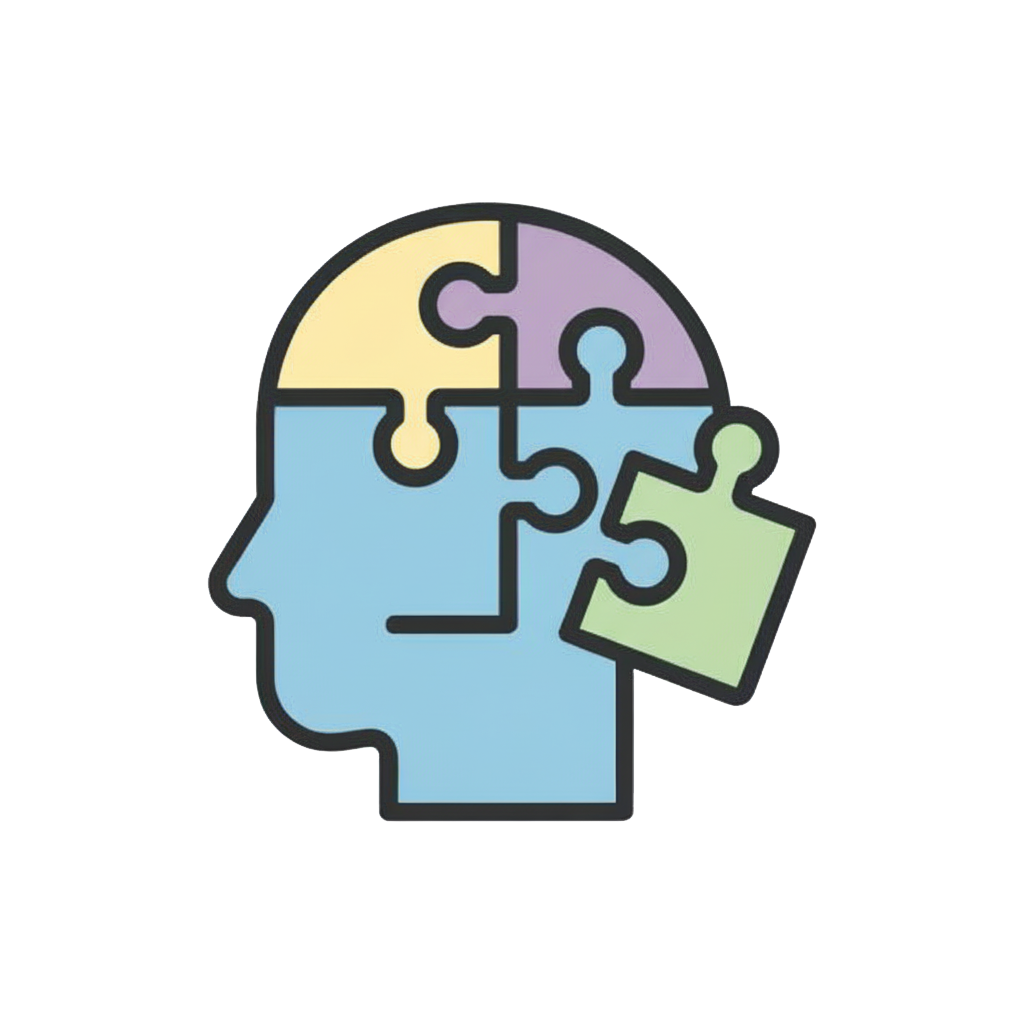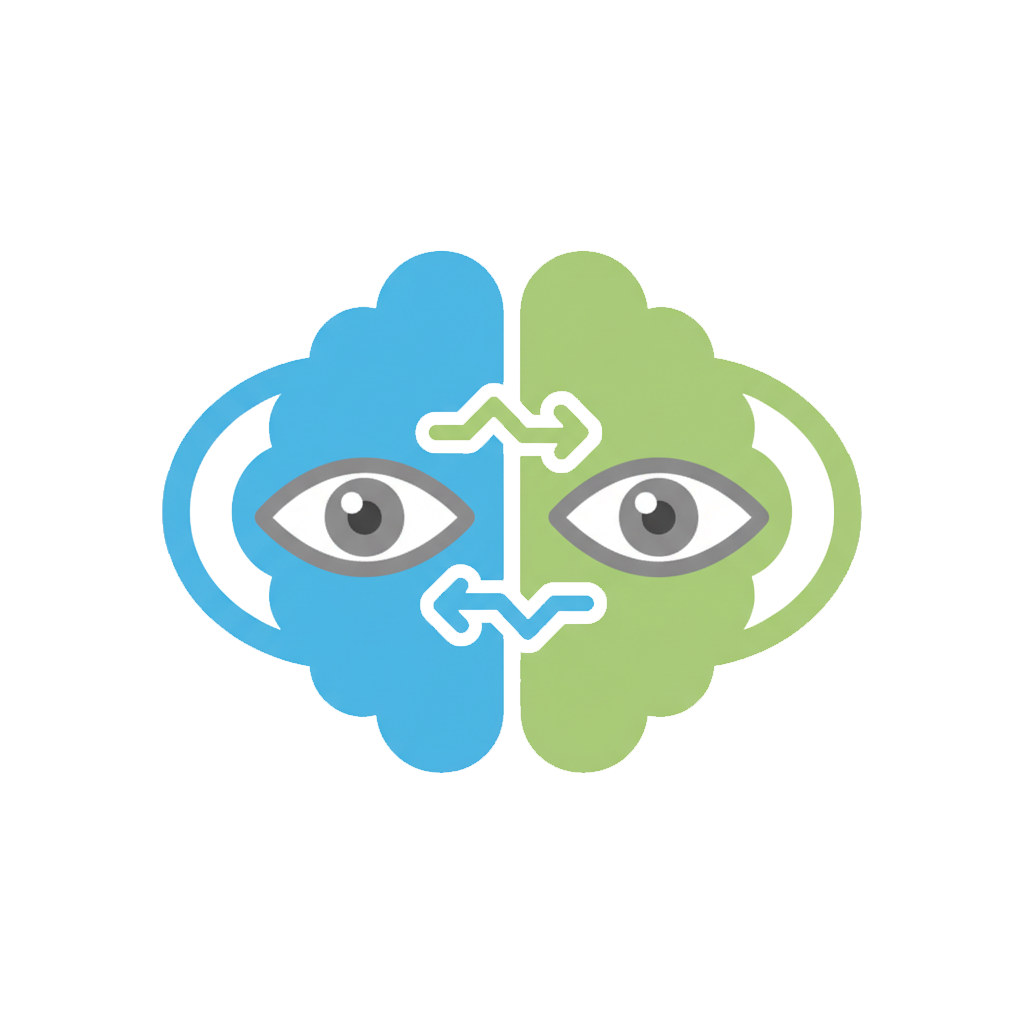
Frequently Asked Questions
-
Counseling is a collaborative process that provides a safe, confidential space for you to explore personal challenges, feelings, and goals with a trained and licensed professional. It involves talking through difficult issues, gaining new perspectives, developing practical coping strategies and emotional insights. The goal is to help you lower the emotional pain experiences you currently suffer through, build resilience, improve your mental well-being, and navigate life's transitions with greater clarity and confidence.
-
You should consider counseling if your emotions or coping mechanisms are starting to interfere with your daily life, relationships, work, or school. This can look like persistent anxiety, sadness that won't lift, difficulty sleeping, constant irritability, or a reliance on unhealthy habits like excessive drinking or withdrawal. Simply put, if you feel stuck, overwhelmed, or like you are no longer functioning as your best self, reaching out for professional, non-judgmental support is a proactive step toward regaining balance and well-being.
-
Individual counseling sessions last 50-60 minutes. I schedule 90 minutes for our first/intake session. I often suggest that we meet every week during the first month of our work. Then we reassess and you decide from there. Ultimately, the frequency of our sessions as well as the overall length of therapy is decided by you.
-
Perhaps it does but I am currently not in network with insurance providers.
This is done intentionally so that you and I can decide about the focus of our work without interference from a third party provider.
In addition, all your health information remains confidentially only with me. Your insurance company may provide out of network reimbursement for some or all of the cost of your appointment. Before scheduling, it might be beneficial to find out if you have out of network coverage and how you can file for reimbursement.
While I am not filing insurance claims, I would be happy to give you a monthly statement for your insurance company to process for any out of network benefits that might be available to you.
-

Cognitive Behavioral Services (CBT)
Cognitive Behavioral Services focus on identifying and changing negative thought patterns and behaviors to improve emotional well-being and develop healthier coping strategies. These services are evidence-based and tailored to address a variety of mental health concerns.
-

Individual Therapy
Individual therapy is a confidential process where a person works one-on-one with a therapist to explore thoughts, feelings, and behaviors in order to improve mental health and personal well-being. It provides a safe space for self-reflection, growth, and problem-solving.
-

EMDR Therapy
EMDR (Eye Movement Desensitization and Reprocessing) therapy is a structured approach that helps individuals process and heal from traumatic memories by using guided eye movements or other bilateral stimulation. It aims to reduce the emotional distress associated with those memories and promote adaptive coping.
-

Existentialism
Addresses the big questions. The why. The how. Existentialism is a philosophy that emphasizes individual existence, freedom, and choice. It holds that existence precedes essence, meaning individuals are born without pre-defined meaning or purpose, and must create their own value and meaning through their choices and actions.
-

Solution Based Brief Therapy
Solution-Focused Brief Therapy (SFBT) is a short-term, goal-directed therapeutic approach that concentrates on a client's current strengths and resources to construct practical solutions for the future, rather than dwelling on the history or analysis of the problem itself. It operates on the belief that clients are the experts of their own lives and possess the necessary skills to achieve positive change.
